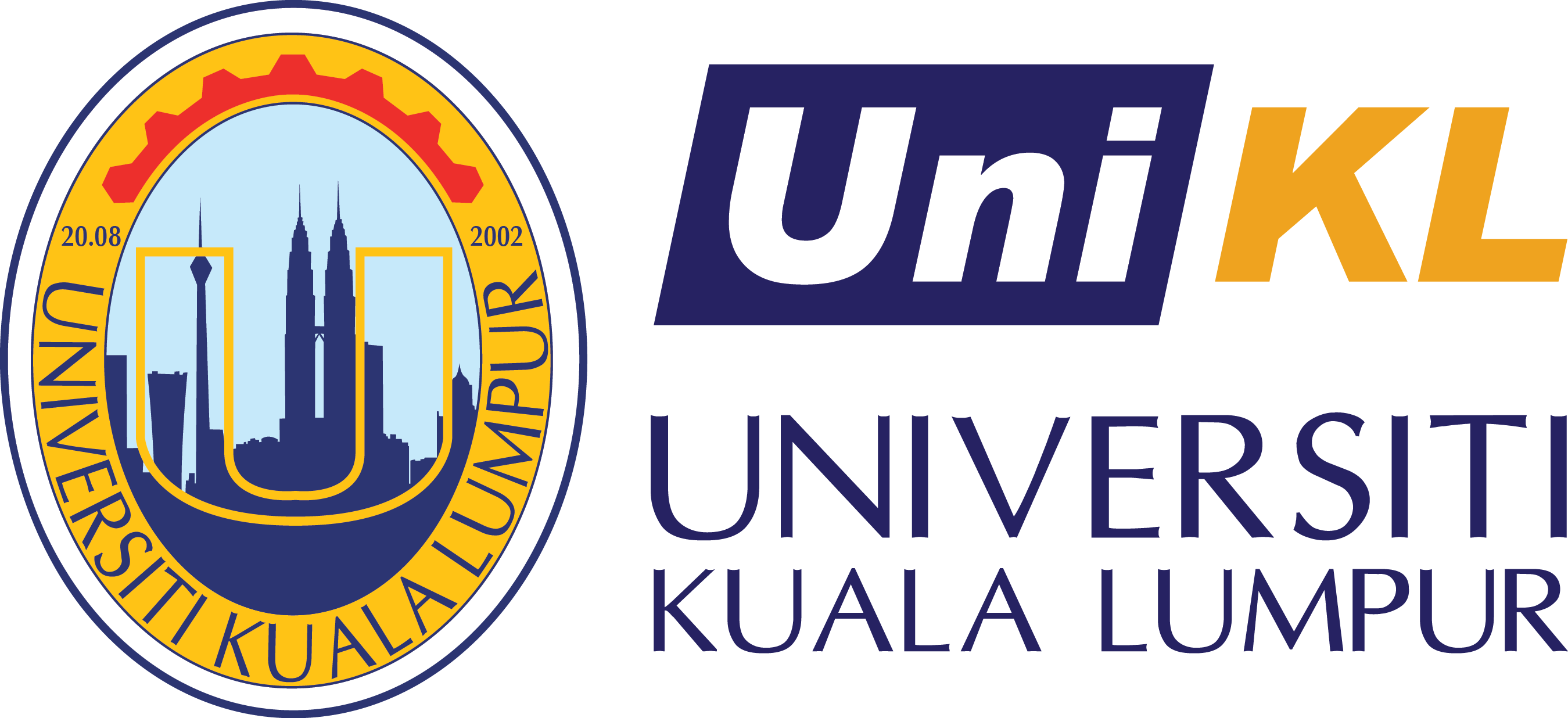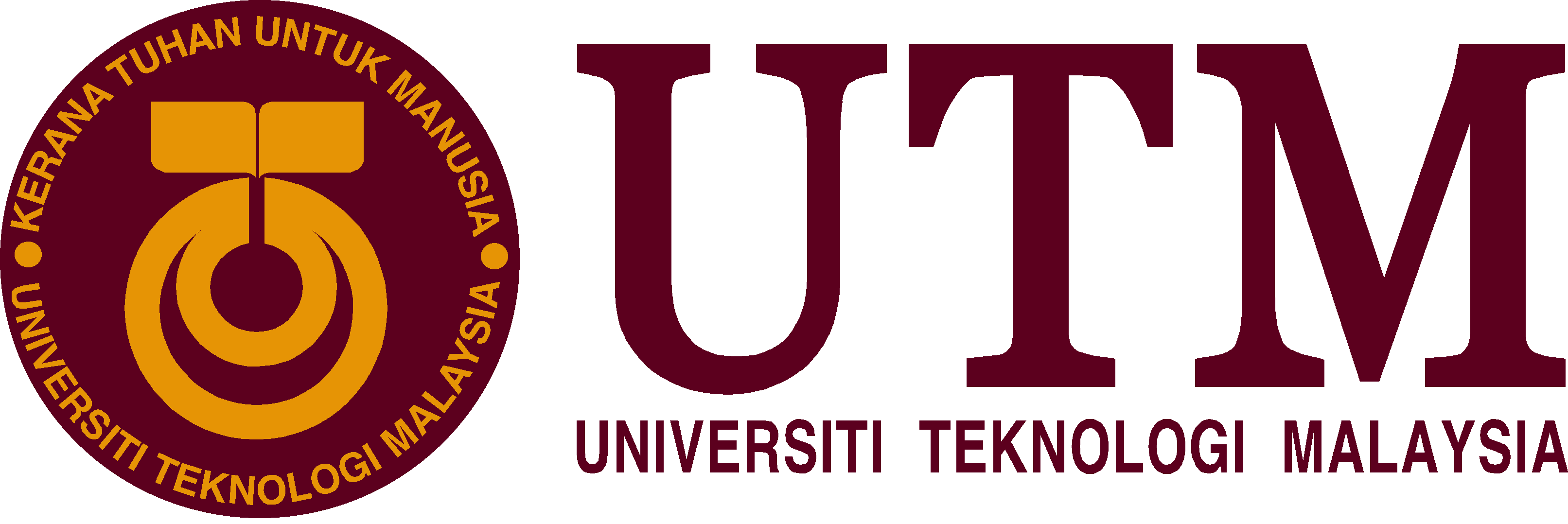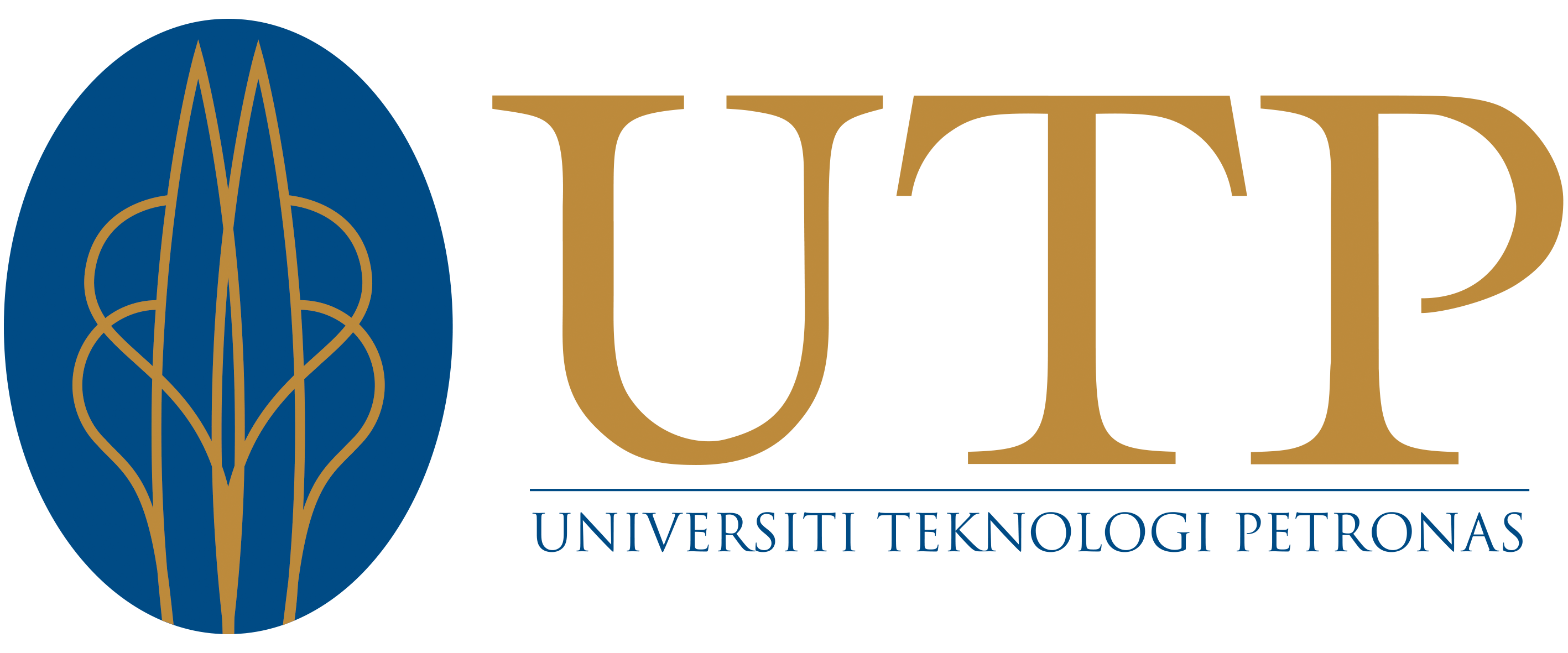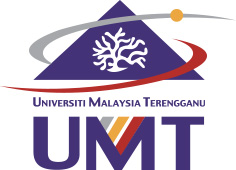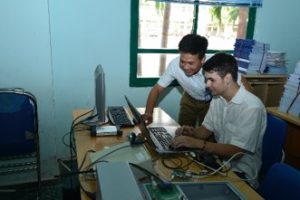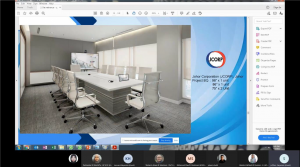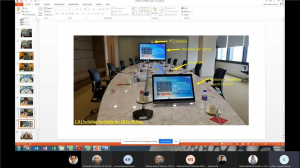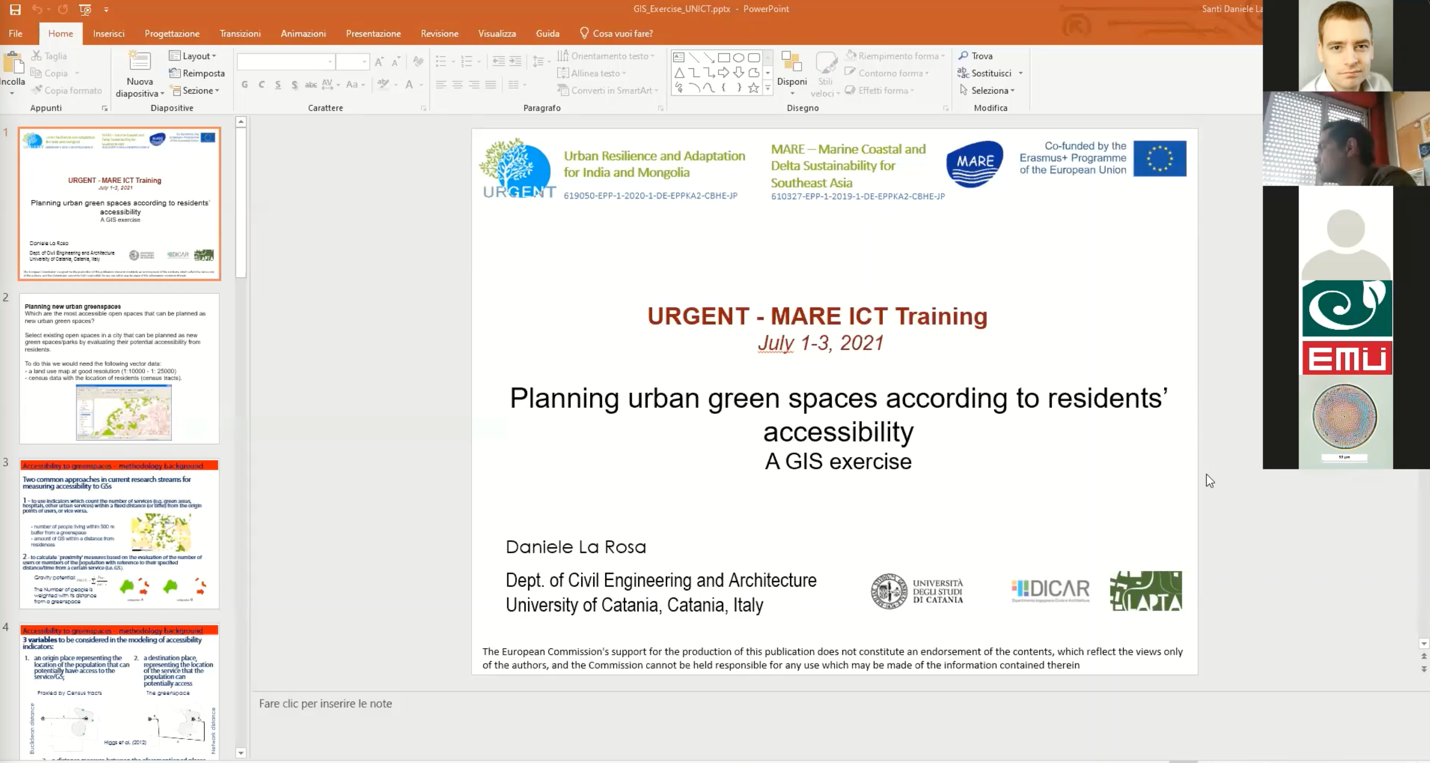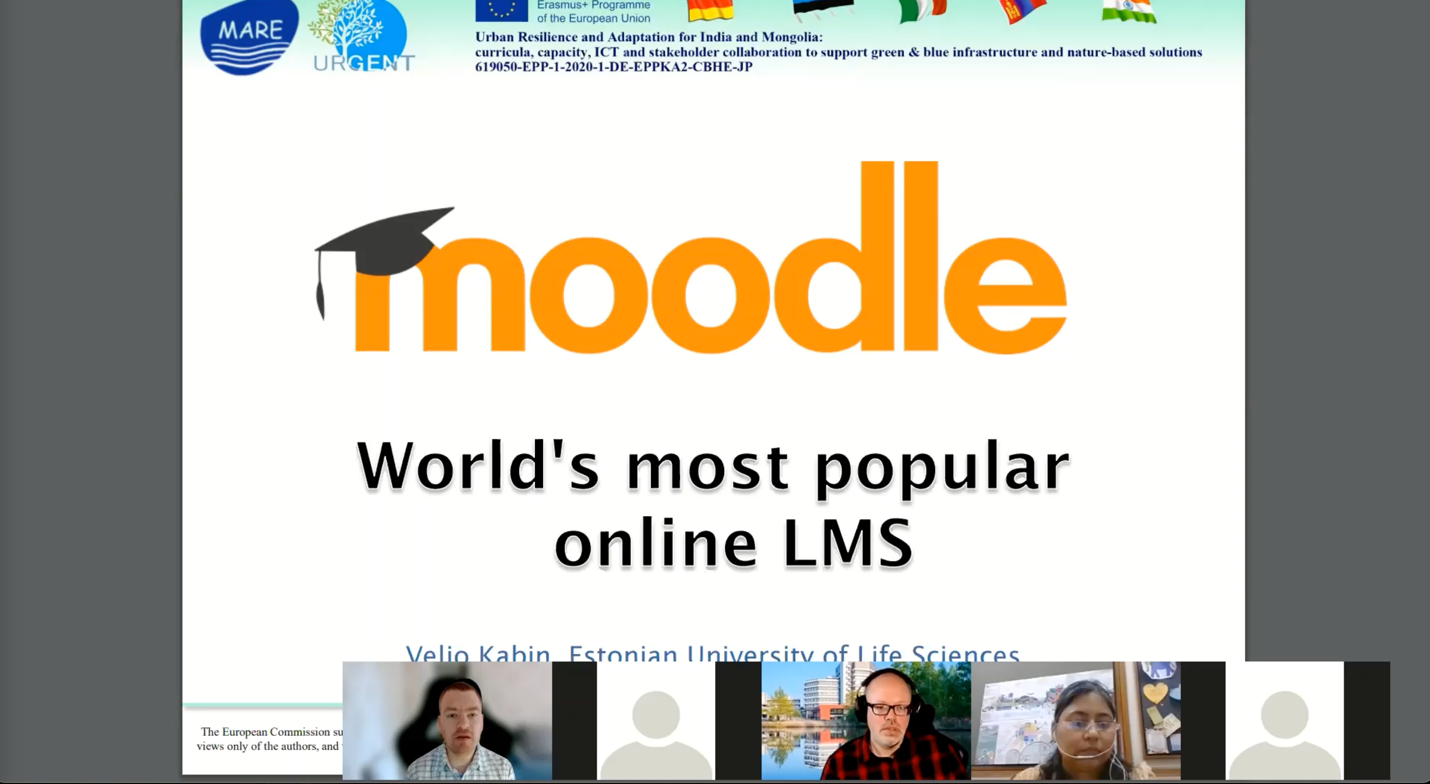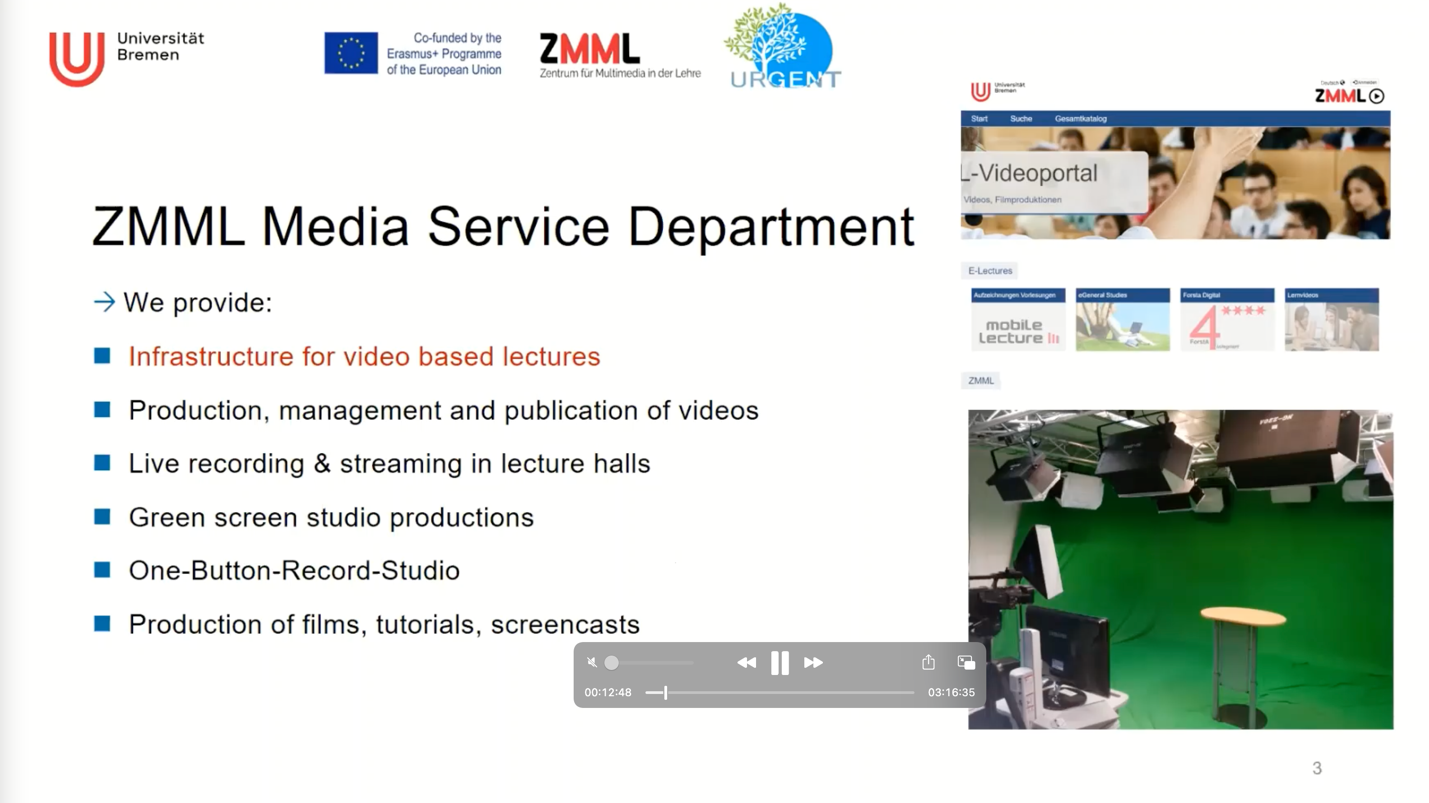eMARE Equipment
In accordance with the project work plan, the infrastructure was modernized at all partner universities aimed by introducing modern ICT technologies into the training of academia in the field of marine environment and ecosystem. At the preliminary stage of the project, the needs of each partner university were determined for ICT equipment necessary for the effective implementation of the MARE project. Based on the analysis of the required equipment, list of equipments have been submitted for verification and approval. The equipment was purchased, insalled and put into operation in 2021. So, from the Fall semester 2021 the students, researchers and teachers could use the equipment for the planed tasks.
Equipment use
Equipment use 2022-2023
Report1 P7 CTU, Vietnam Report2 P7 CTU, Vietnam
Disclaimer
The European Commission support for the production of this publication does not constitute an endorsement of the contents which reflects the views only of the authors, and the Commission cannot be held responsible for any use which may be made of the information contained therein.
This project No. 610327-EPP-1-2019-1-DE-EPPKA2-CBHE-JP has been funded by Erasmus+ CBHE programme of the European Union.








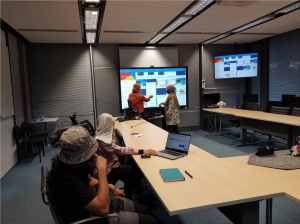
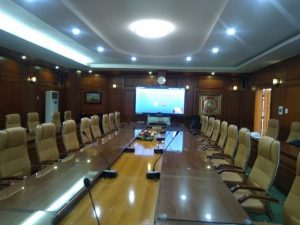
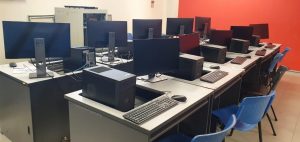

 HCMUNRE
HCMUNRE VMU
VMU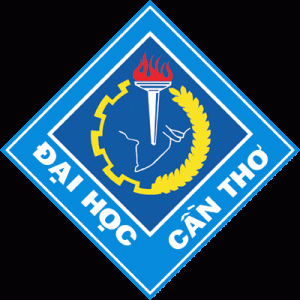 CTU
CTU